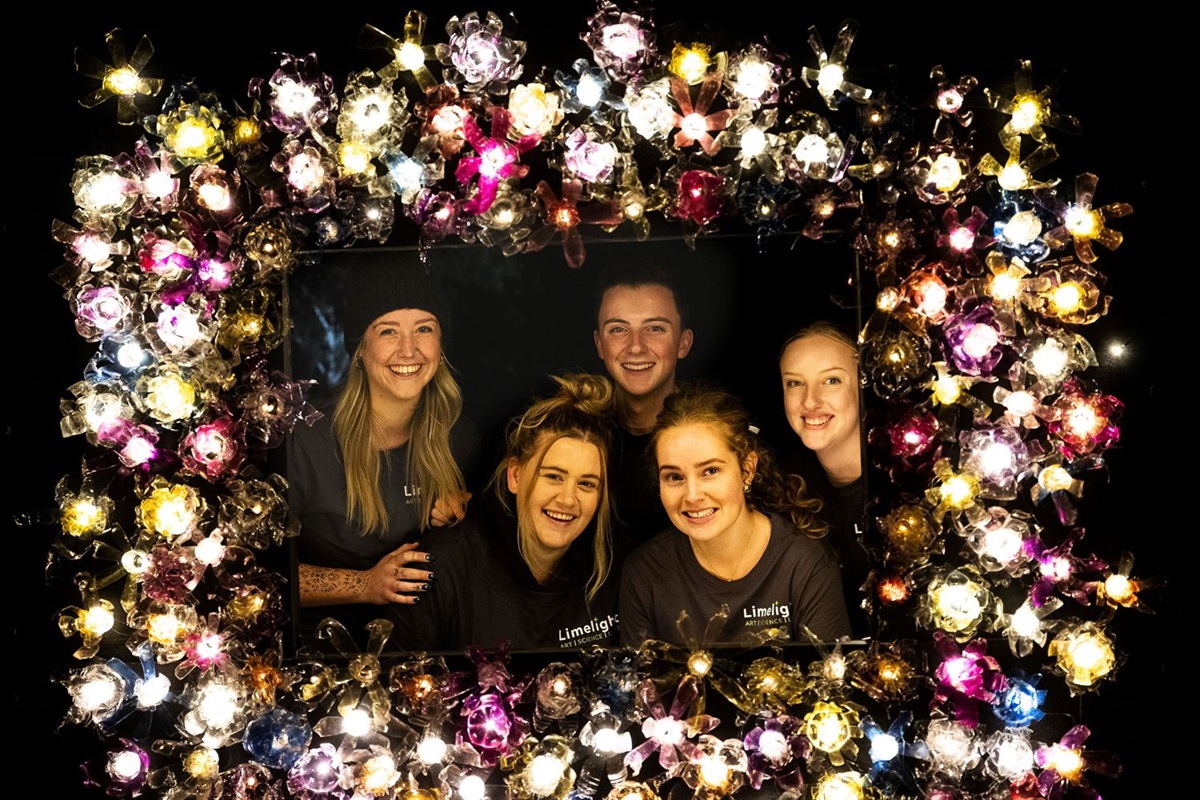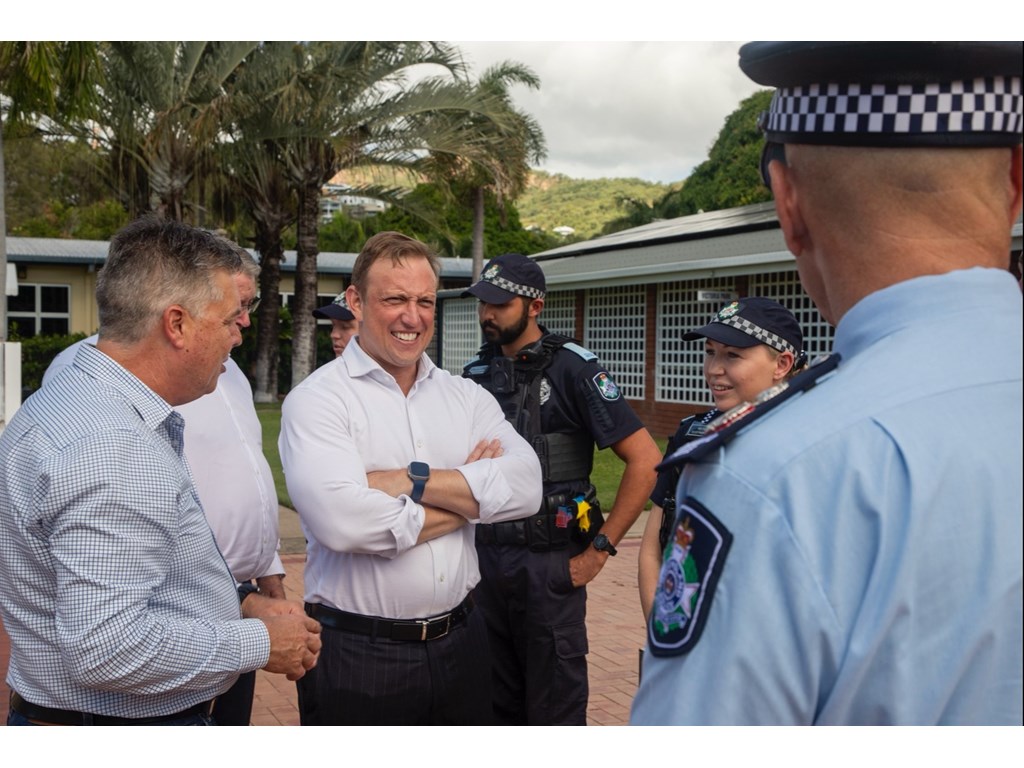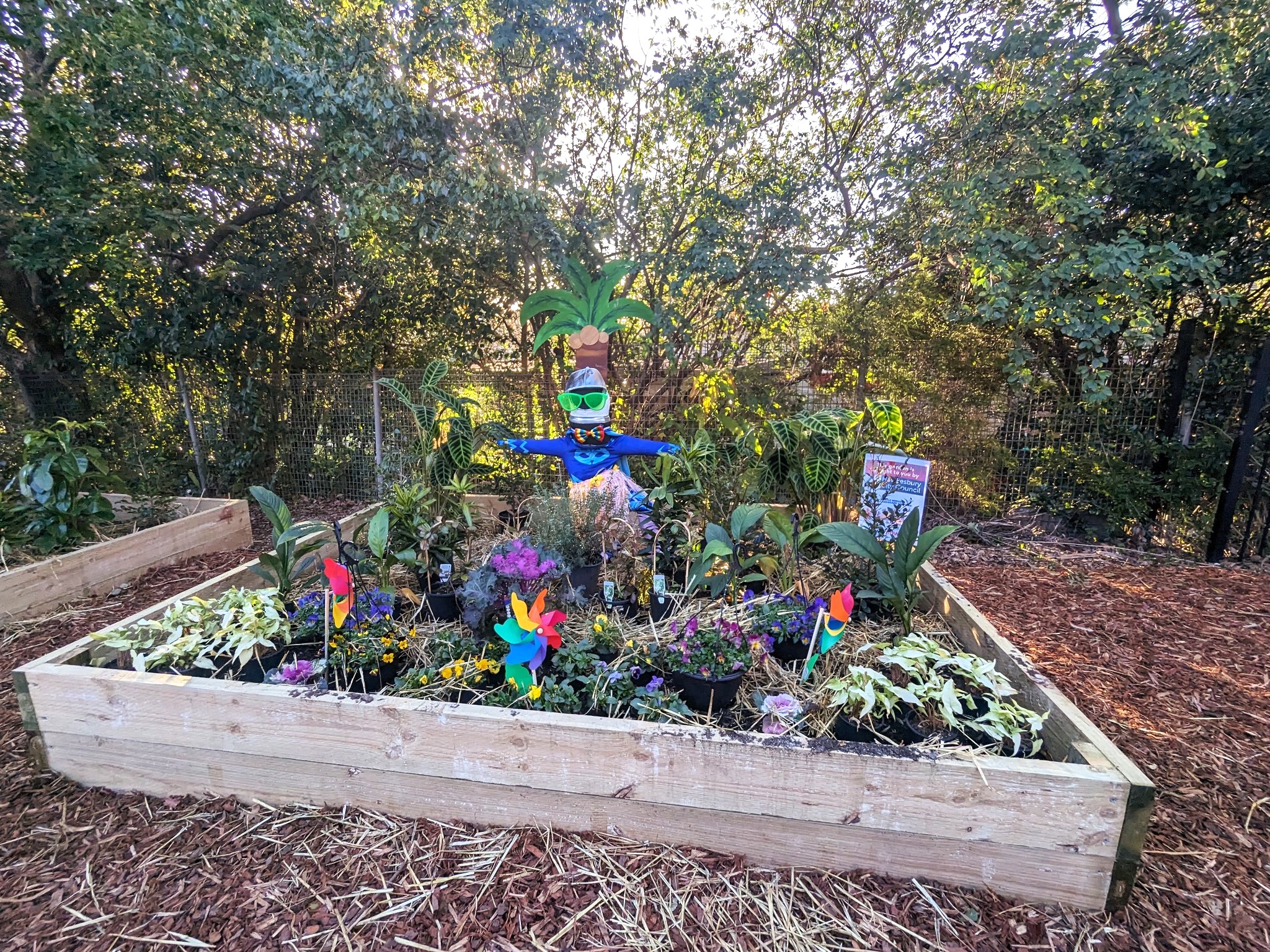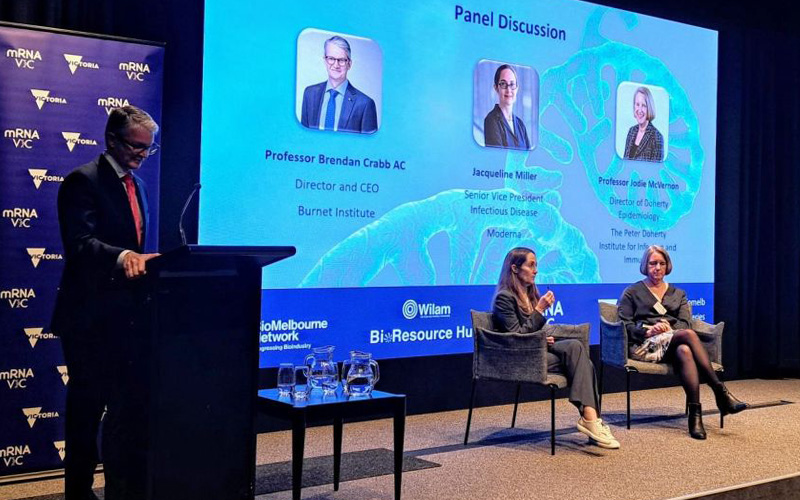- Fourth round of funding for local governments to rollout three-bin FOGO service
- Part of McGowan Government’s $20 million Better Bins Plus: Go FOGO program
- Supports WA’s Waste Avoidance and Resource Recovery Strategy 2030
Local governments can now apply for further funding to transition to Food Organics Garden Organics (FOGO), as part of a $20 million program to help councils in the rollout.
The Better Bins Plus: Go FOGO program supports the McGowan Government’s target for all local governments in the Perth and Peel region to adopt the service by 2025.
The fourth round of funding will see local governments eligible for up to $19 per household in the 2023-24 financial year. It will help councils with infrastructure costs to move to the three-bin system consisting of a red-lidded bin for general waste, a yellow-lidded bin for co-mingled recycling, and a green-lidded bin for food organics and garden organics.
Sixteen councils have rolled out FOGO with a further 11 committing to the service by 2025. Some local governments have achieved material recovery rates as high as 65 per cent.
Local governments that have adopted FOGO include:
- The cities of Albany, Bayswater, Bunbury, Fremantle, Melville, Nedlands and Vincent;
- The shires of Augusta-Margaret River, Capel, Collie, Dardanup, Donnybrook-Balingup and Harvey; and
- The towns of Bassendean, Cottesloe and East Fremantle.
Applications close on 31 March 2023. For more information, visit Better Bins Plus: Go FOGO | Waste Authority WA
As stated by Environment Minister Reece Whitby:
“I’d urge councils to get involved and apply for this funding to help make the sustainable switch to FOGO.
“Many local governments have already embraced FOGO, turning kitchen waste into compost for farms, parks and gardens.
“The Town of Cottesloe is just one success story. The results from the first six months of the rollout have been even better than predicted, with residents sending 40 per cent less waste to landfill.”
As stated by Local Government Minister John Carey:
“It is encouraging to see so many local governments transition to FOGO and take advantage of the funding, resources and support available.
“We are seeing great results from councils that have already made the switch, with some achieving recovery rates of up to 65 per cent.
“This is the way forward for households in their ability to recover waste rather than see it go to landfill.”








